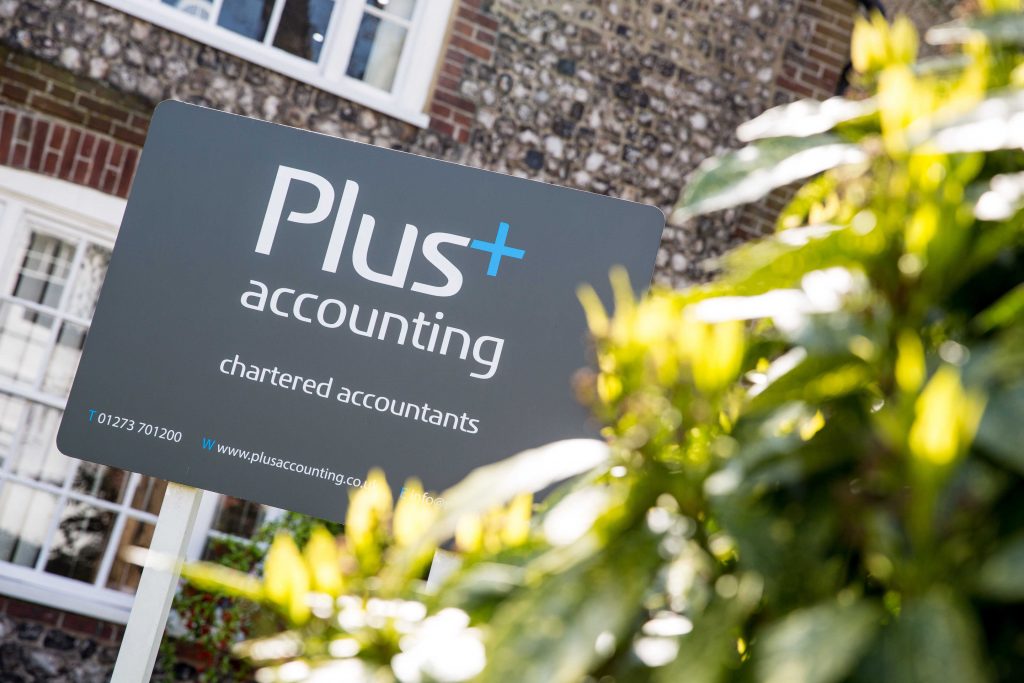A further warning has been issued by HM Revenue & Customs for anyone who has a landline to be careful when answering supposed calls from HM Revenue & Customs as fraudsters are calling individuals pretending to be someone from HM Revenue & Customs in the latest scam.
As a result of HM Revenue & Customs crackdown on email and text scams, they are noticing that the traditional method of cold calling scams has made a return. The calls are being made to publicly available phone numbers to target taxpayers. According to Ofcom over 26 million homes have a landline and those who are not ex-directory could be at risk of scam calls.
HM Revenue & Customs say that the telephone scams often target the elderly and vulnerable using its brand as credibility to obtain personal information from individuals.
In their latest warning, HMRC are suggesting that you should, if possible, check recent contacts from HMRC to help you decide if a phone call is a scam, and they have stressed that this still also applies to emails, texts or letters purporting to come from them.
In 2019, Mel Stride MP, the Financial Secretary to the Treasury said:
“We have taken major steps to crackdown on text and email phishing scams leaving fraudsters no choice but to try and con taxpayers over the phone. If you receive a suspicious call to your landline from someone purporting to be from HMRC which threatens legal action, to put you in jail, or payment using vouchers: hang up and report it to HMRC who can work to take them off the network.”
Pauline Smith of who is the Head of Action Fraud has also said:
“Fraudsters will call your landline claiming to be from reputable organisations such as HMRC. Contact like this is designed to convince you to hand over valuable personal details or your money. Don’t assume anyone who calls you is who they say they are. If a person calls and asks you to make payment, log into an online account or offers you a deal, be cautious and seek advice.”
HM Revenue & Customs will only ever telephone a taxpayer asking for payment on a debt they are already aware of either having received a letter about it, or if you the taxpayer has declared that tax is payable through the completion of a self-assessment tax return.
If you have any concerns about any contact being made supposedly from HM Revenue & Customs either by telephone, text, letter or email, please do not reply or provide any details until you have either spoken to your professional advisor if you have one, or contacted HM Revenue & Customs using one of the telephone numbers of online services available from GOV.UK.
Author: Tax Team, Plus Accounting
Any views or opinions represented in this blog are personal, belong solely to the blog owner and do not represent those of Plus Accounting. All content provided on this blog is for informational purposes only. The owner of this blog makes no representations as to the accuracy or completeness of any information on this site or found by following any link on this site.
Date Published: 6 March 2019
Last Updated: 8 August 2022


